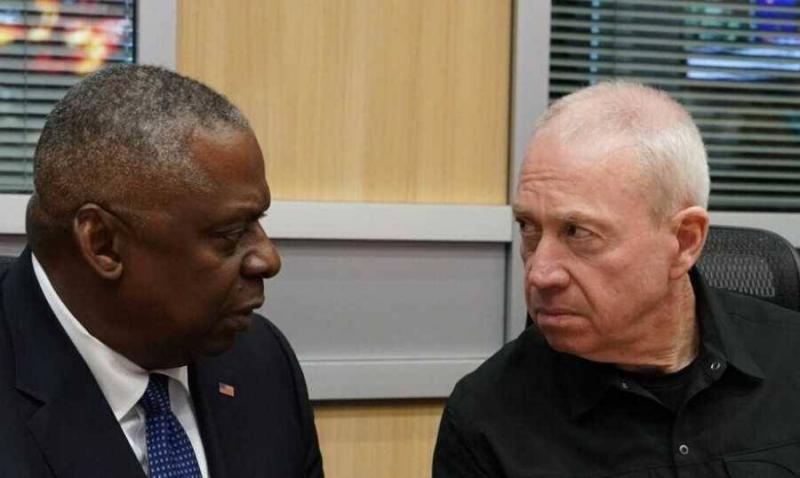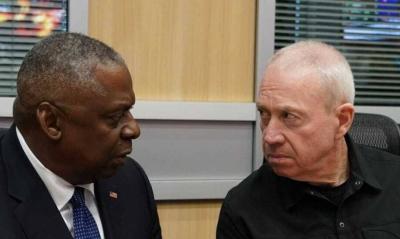As military confrontations between Hezbollah and Israel escalate, nearing the brink of a major explosion, various political and diplomatic factors intervene to recalibrate the ongoing exchanges. This scenario has repeated itself multiple times, and it is likely to recur next week with the announced visit of U.S. envoy Amos Hochstein to Tel Aviv to discuss preventing escalation. According to Lebanese sources in communication with Hochstein, he is expected to visit Lebanon after his trip to Israel to also discuss how Hezbollah can de-escalate and return to the previous rules of engagement.
Hochstein's move follows a series of international positions urging Israel to halt its escalation and prevent the confrontation with Lebanon from turning into a wide-ranging war that would lead to regional conflict. Washington has adopted a clear stance from the G7 countries to call for reaching a diplomatic agreement. France has also stepped up, with President Emmanuel Macron revealing preparations for a trilateral meeting involving France, the U.S., and Israel aimed at preventing escalation and establishing a roadmap for stability while addressing the border situation.
Macron's initiative has led to new issues within Israel, as Israeli Defense Minister Yoav Galant rejected the French positions, criticizing them, and opposing any partnership with Paris in a solution framework. This prompted a response from the Israeli Foreign Ministry, which deemed the remarks incorrect and out of context. Concurrently, Lebanon is receiving more international messages advising for calm from both Arab and international entities, while diplomatic sources indicate that Hochstein will be clear with the Israelis about rejecting war, as entering one would lead to significant destructive losses in Israeli cities and would convince them that Hezbollah is not weak; thus, any war would inflict major losses.
In this context, sources add that an Israeli general who was involved in planning the Gaza invasion has also crafted a plan for a war in Lebanon similar to the Gaza war, focusing on destroying infrastructure and inciting Lebanese against Hezbollah due to potential losses. Some figures in Israel are reportedly revisiting the 1982 scenario but on a southern level. However, the Americans caution against such risks and work to prevent them, while other positions suggest that the Israelis are not inclined to enter into such a war, as if they wanted it, they would have acted earlier. Nonetheless, there is undoubtedly American concern regarding new dynamics within the Israeli government following Benny Gantz's resignation and the increased influence of Ben Gvir and Smotrich, who are pushing for escalation. Meanwhile, it remains uncertain what Netanyahu will decide, particularly since the Israeli army has prepared a plan to expand the war and is awaiting a political decision, according to the Kuwaiti "Al-Jarida."




